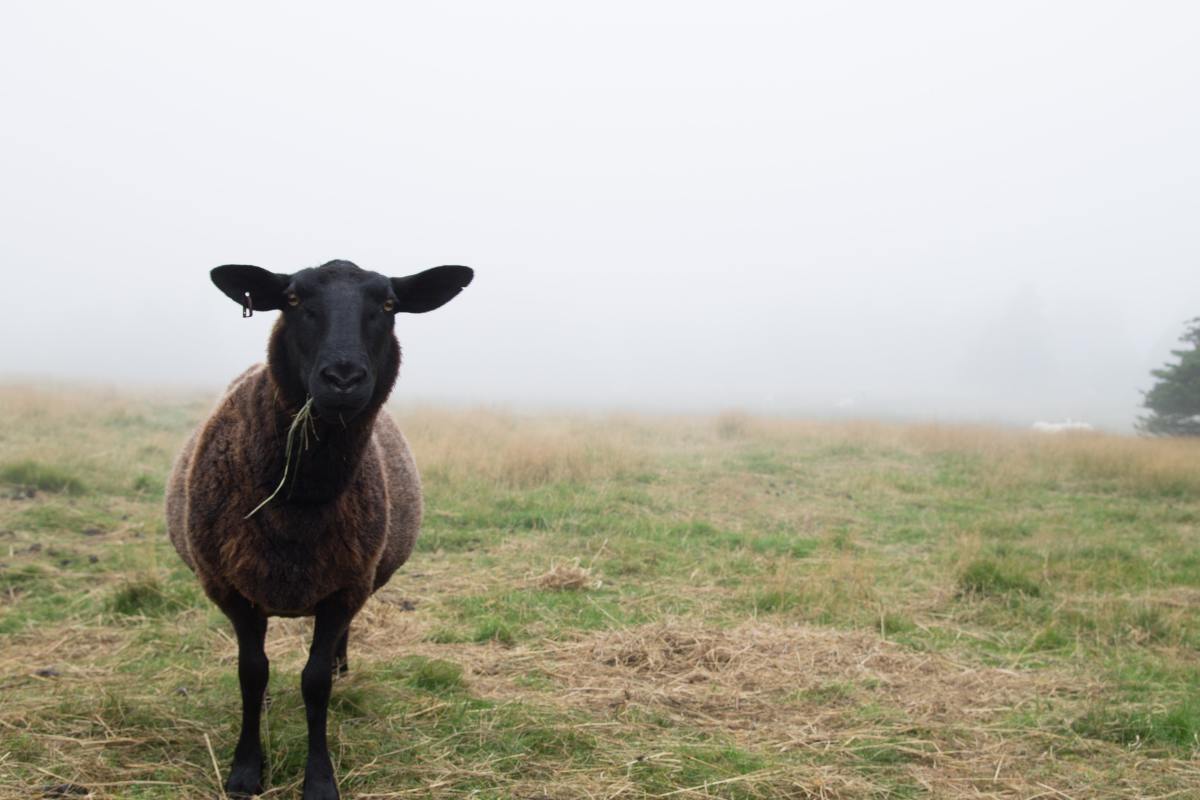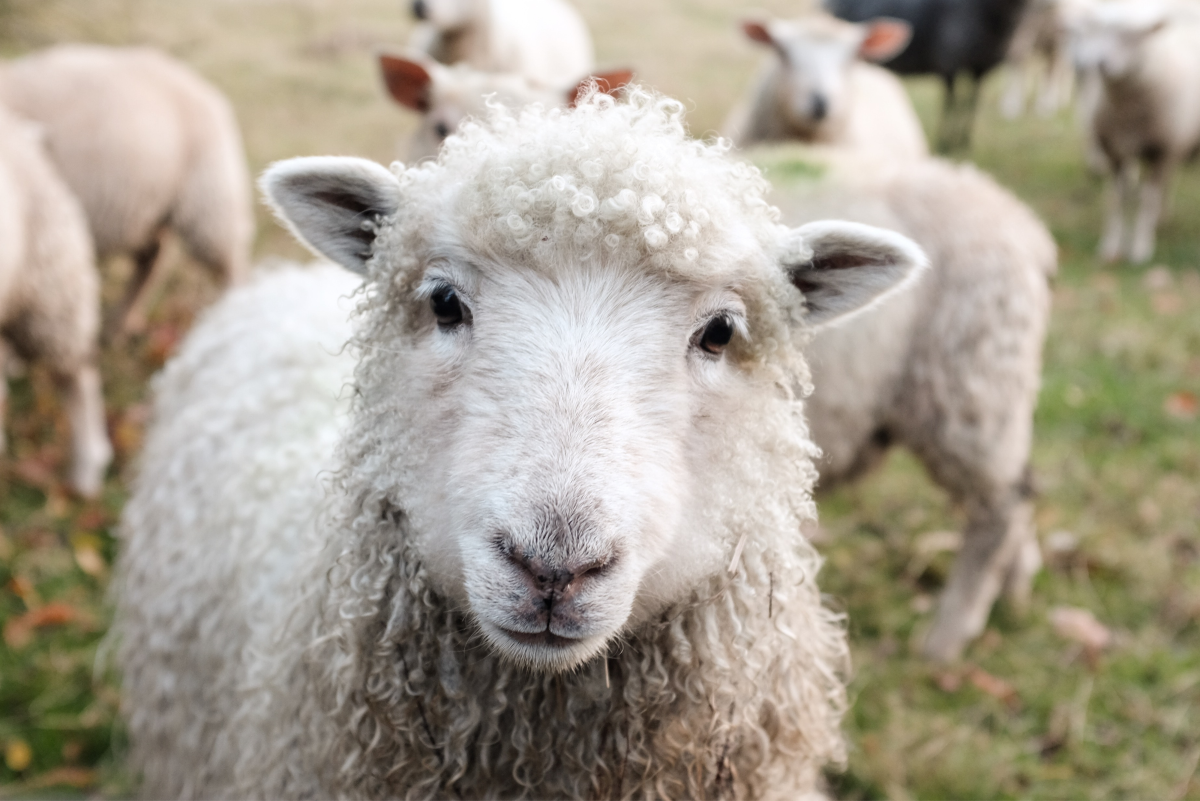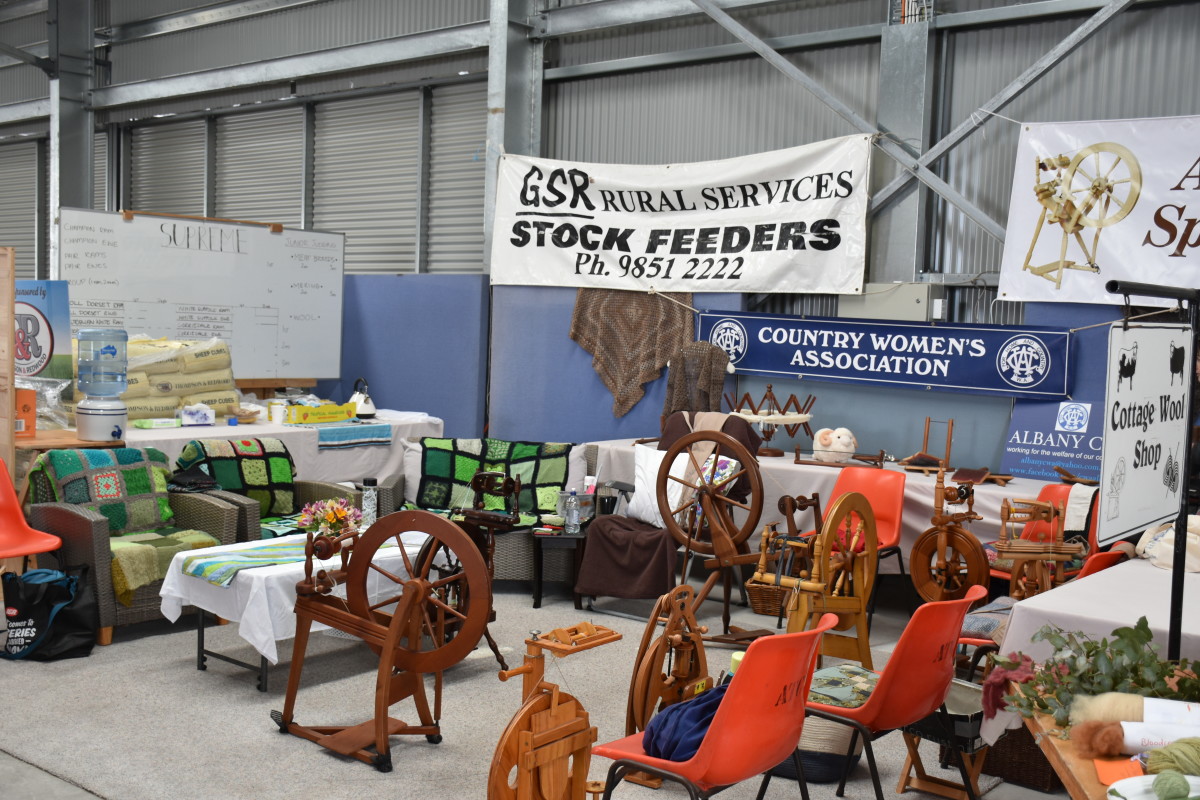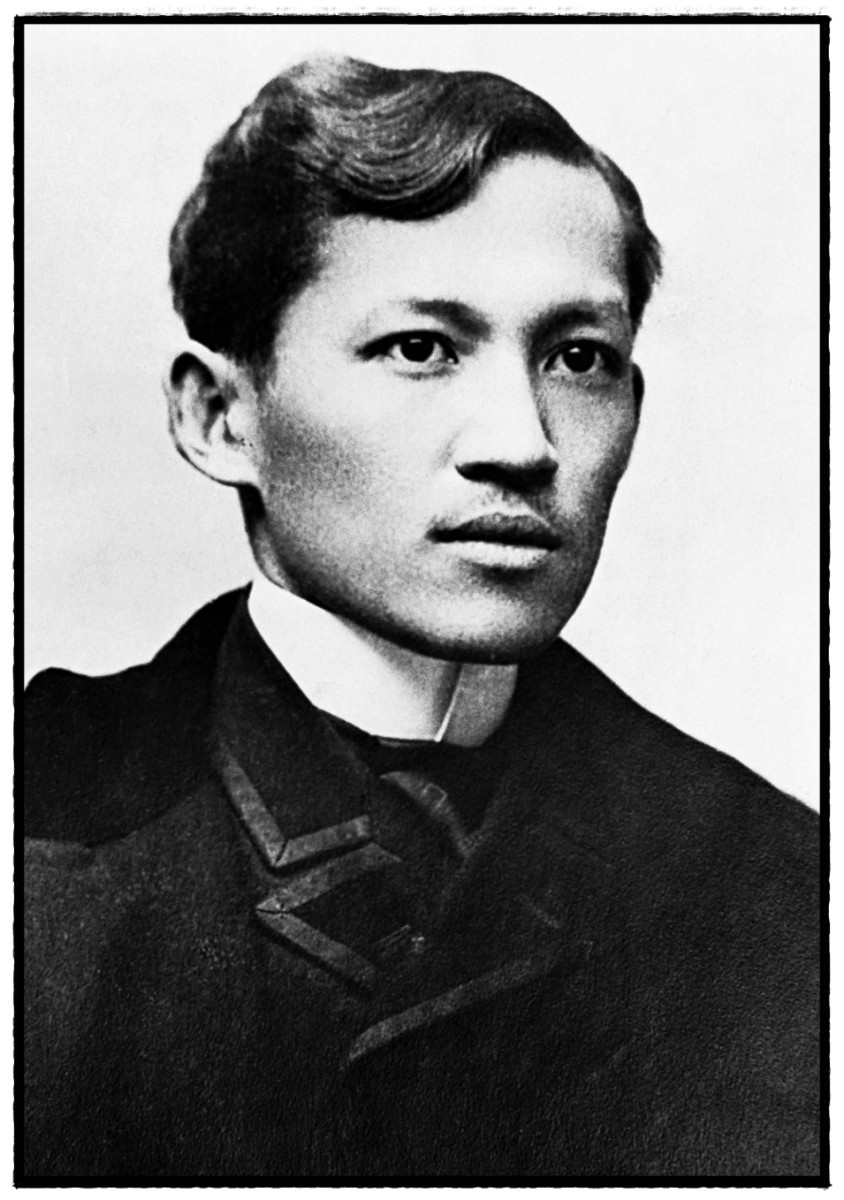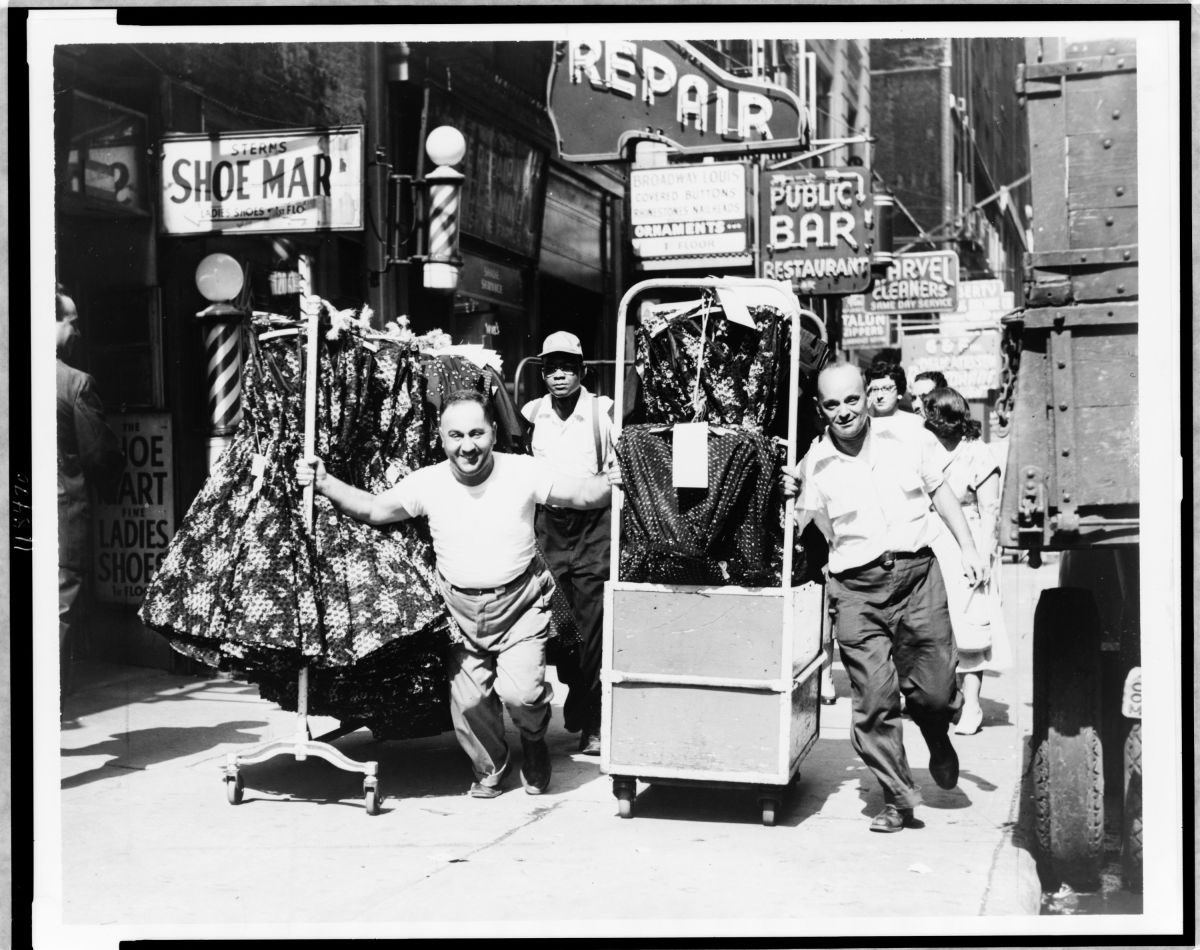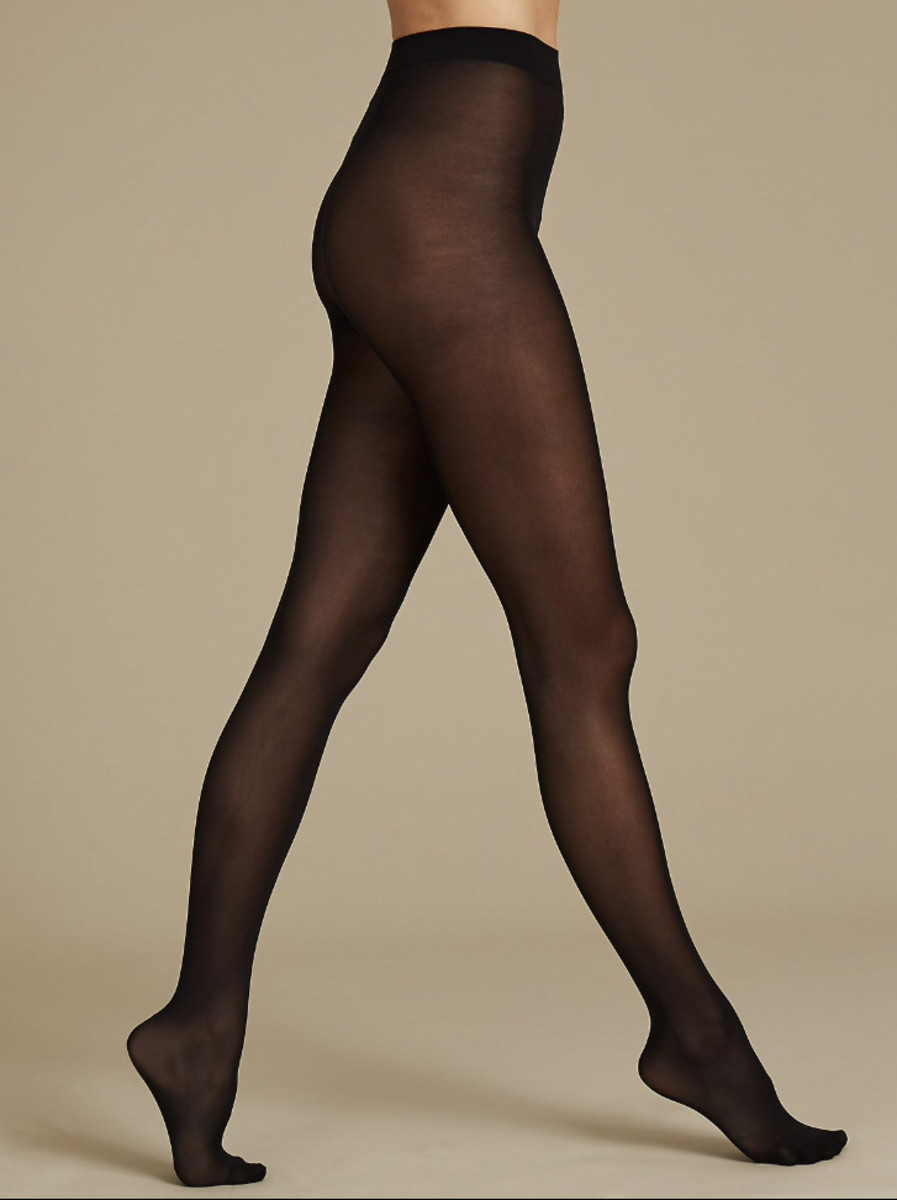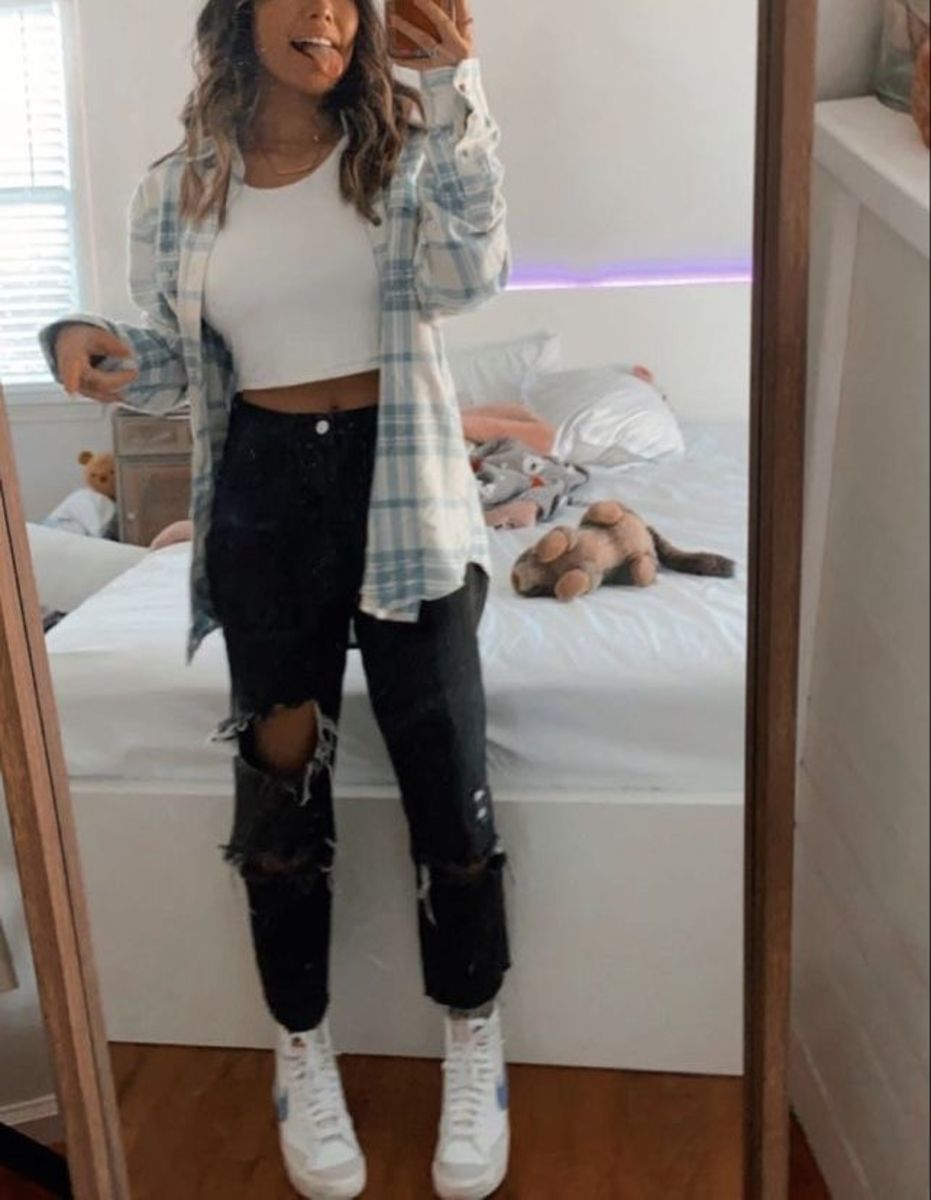Why Wool Isn't Vegan
How Wool Is Produced
Sheep's wool is a commodity and used for heavy clothing (it feels a little rough but warm and soft at the same time). But is it healthy for the sheep to get sheared? According to ASAS.org, shearing sheep is done not only for their wool, but it's necessary for their health and hygiene. If their fur continues to grow and isn't sheared, they risk overheating and dying; it helps them regulate temperature. Their fur also get urine, feces, and other materials stuck in their fur, which attracts maggots and flies, which is harmful to their health. Shearing sheep is done not only for our benefit, but their's, too. If their fur continues to grow (they're unable to shed), this can cause physical barriers for them, which all the more makes them susceptible to predators.
But the question is, are we harming them?
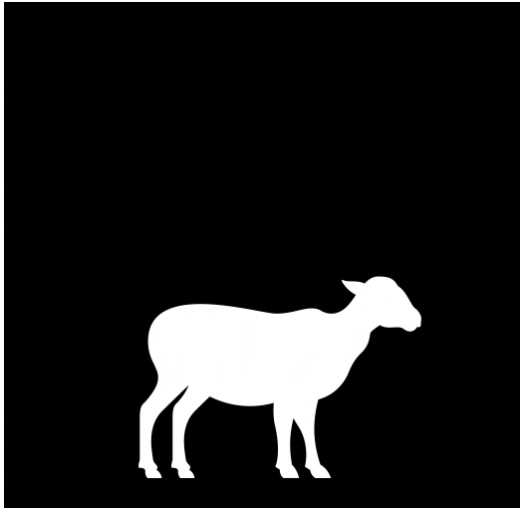
There are established guidelines and educational programs designed to educate farmers and ranchers and to protect sheep.
— ASAS.orgSheep Are Supposed To Be Protected
Sheep won't feel that they are being sheared, if done properly in order to not hurt the animal. There are sheep shearing schools that are designed to teach farmers how to shear sheep correctly, so the sheep remain unharmed. Just like when you get a haircut, that hairdresser needs to be trained and go to school for it or they could clip your ear. You want a trained professional. Sheep shearing is no different.
BUT, unfortunately, many farmers are violent and unskilled when it comes to shearing their sheep. The wool industry is anything but humane. It's filled with rough handling and clipping the sheep regularly.
Many people have an idyllic image of happy sheep roaming green hills, but as with any industry that profits from animals, money always comes before the animals’ well-being.
— PETASo, What's Up With The Wool Industry Then?
Like I said before, the wool industry is far from humane. Procedures like Mulesing, which is a barbaric procedure where farmers use tool similar to gardening sheers to cut out chunks of flesh from the backside (without any painkillers) of the sheep's body in order to protect against "flystrike". What's "flystrike"? "flystrike is a parasitic infection caused by flies laying eggs on said animal's backside which hatch maggots, which then eats the host.
Shearing isn't done humanely because of the lack of skill and the speed that it's done by. Typically, workers are paid by how many sheep can be sheared in an hour, causing the sheep to be treated inhumanely. Sheep commonly range from getting a few nicks to udders, genitals, ears, and other body parts cut off, which is extremely painful, careless, and damages the animal to suffer without vet attention, which can risk infection. Sheep are treated like anything else that's industrialized, like a piece of plastic, paper, or property, not like a being. It's not uncommon for sheep to be beat up during the process by angry, aggressive, abusive shearers.
What Can You Do?
So, I'm not a vegan myself, but I decided to investigate this when my sister-in-law told me about how the vitamin, immune system booster, D3 isn't vegan, and I thought what's wrong with wool, it's necessary to shear them? But I pictured them in a green, grass field, with a loving farmer shearing them carefully. But that's far from the truth of the matter.
So what can you do? I myself, only buy vintage wool products because it's already been done and happened, I know, not the most ethical, but I do discourage the use of buying new wool products. There's plenty of other materials that are similar to wool. Acrylic is similar in feel and weight. The wool industry is actually one of the most brutal industries.
This content is accurate and true to the best of the author’s knowledge and is not meant to substitute for formal and individualized advice from a qualified professional.
© 2020 Dani Moore

